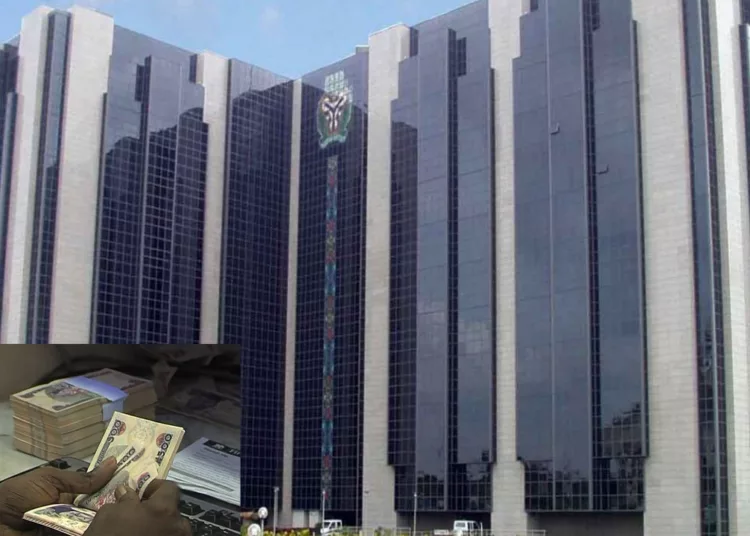Nigeria posted a Balance of Payments (BoP) surplus of $6.83 billion in 2024, the country’s first in three years, marking a sharp reversal from deficits of $3.34 billion in 2023 and $3.32 billion in 2022.
According to the Central Bank of Nigeria (CBN) this marks a turnaround to sweeping economic reforms, improved trade dynamics, and a rebound in investor sentiment for the country. Acting Director of Corporate Communications, Mrs. Hakama Sidi-Ali, pointed out stronger current and capital account balances, increased financial inflows, and enhanced data reporting frameworks as the key drivers of the surplus.
“The current and capital account recorded a combined surplus of $17.22 billion in 2024, supported by a goods trade surplus of $13.17 billion. Petroleum imports fell by 23.2 per cent to $14.06 billion, while non-oil imports declined by 12.6 per cent to $25.74 billion. On the export side, gas shipments surged 48.3 per cent to $8.66 billion, and non-oil exports rose 24.6 per cent to $7.46 billion.”
Remittance flows also held strong. Personal remittances climbed 8.9 per cent to $20.93 billion, while inflows through International Money Transfer Operators (IMTOs) jumped 43.5 per cent to $4.73 billion. Official development assistance increased by 6.2 per cent to $3.37 billion.
The financial account reflected growing confidence in Nigeria’s macroeconomic environment. Net acquisition of financial assets stood at $12.12 billion. Portfolio investment inflows more than doubled to $13.35 billion, and resident foreign currency holdings rose by $5.41 billion. However, foreign direct investment declined by 42.3 per cent to $1.08 billion.
External reserves expanded by $6 billion, reaching $40.19 billion by year-end, reinforcing the country’s buffer against external shocks. Additionally, net errors and omissions—a proxy for unrecorded capital flows—narrowed sharply by 79.5 per cent to -$5.10 billion, down from -$24.90 billion in 2023, reflecting significant improvements in data quality and reporting transparency.
Sidi-Ali noted that the surplus reflects the early successes of Nigeria’s reform programme.
“The liberalisation and unification of the FX market, disciplined monetary policy to rein in inflation and stabilise the naira, and coordinated fiscal-monetary strategies have collectively enhanced competitiveness and investor confidence.”
CBN Governor Olayemi Cardoso hailed the surplus as a key milestone in the country’s macroeconomic recovery. “This positive shift in our external balance is proof that our policies are working,” he said. “It underscores our commitment to macroeconomic stability and positions Nigeria for sustainable growth that benefits businesses, investors, and citizens alike.”





